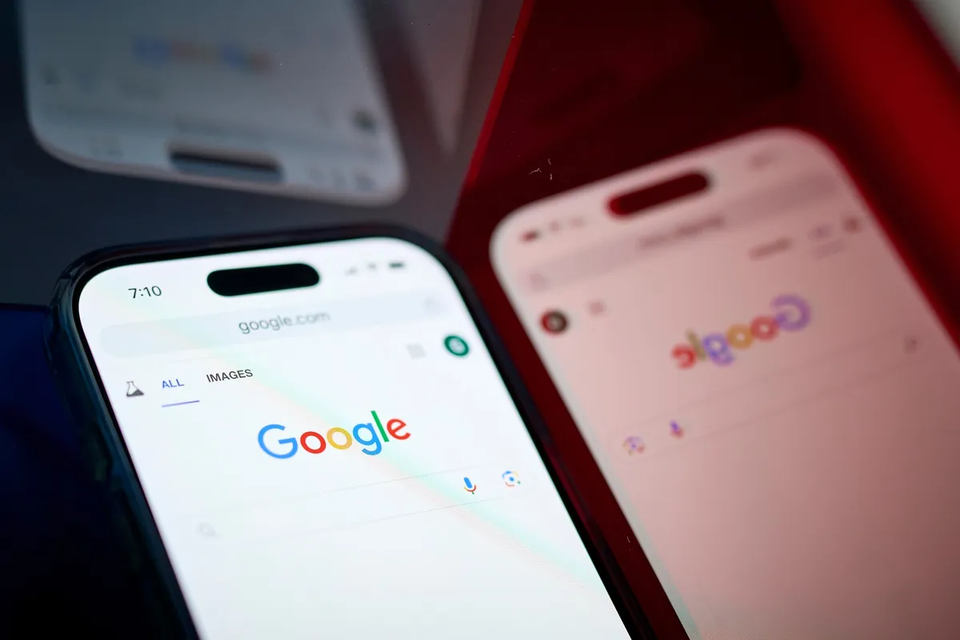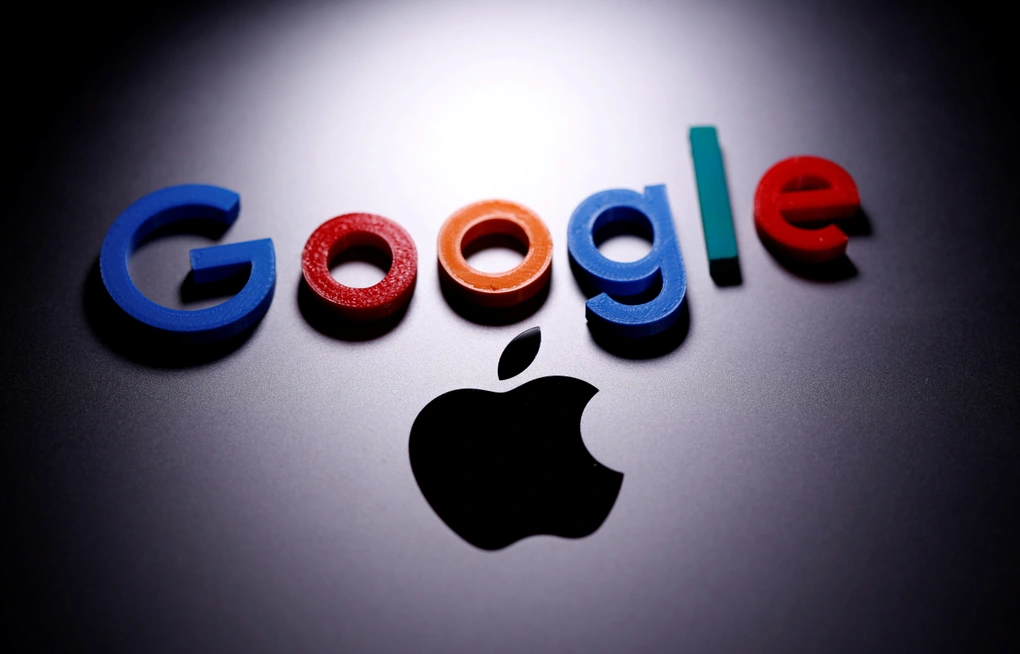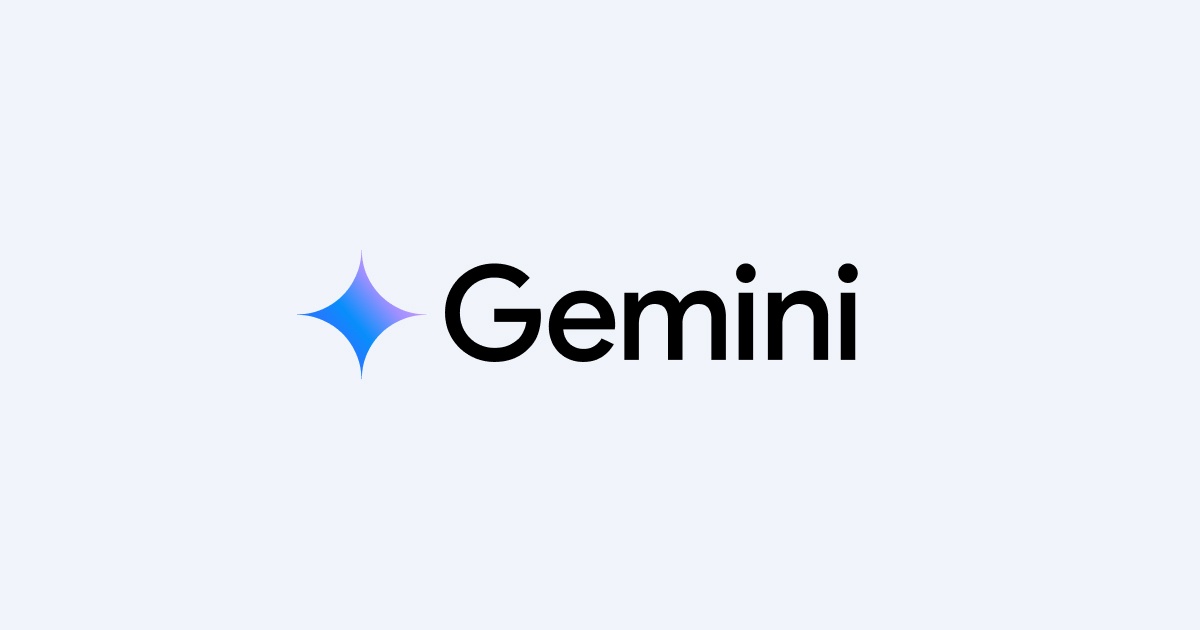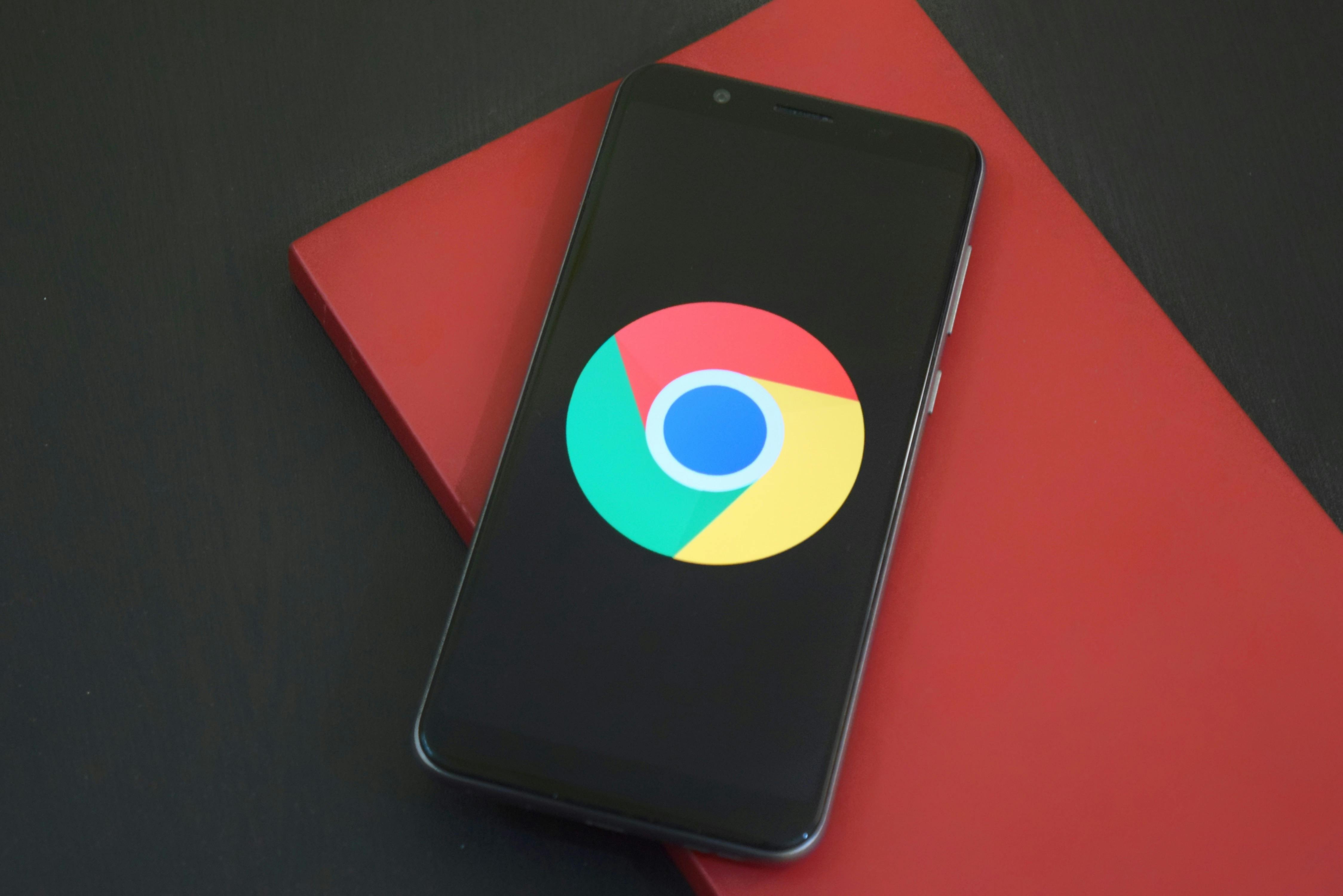 |
Google is facing the risk of being split up and having to sell its Chrome browser. Photo: Gabby Jones/Bloomberg . |
Judge Amit Mehta, who is overseeing the U.S. Justice Department 's antitrust case, is considering dramatic changes to Google. He could order the breakup of the corporation and limit its AI products, aiming to end its search monopoly.
The Justice Department is also considering banning Google from paying to be the default search engine, a regulation that would apply to AI products like Gemini. The government argues that these services have benefited greatly from Google's monopoly.
Exclusive agreements
On May 30, at the U.S. District Court in Washington, lawyers representing Google and the Department of Justice answered final questions from Judge Amit Mehta in the government's antitrust lawsuit against the search giant.
The judge questioned whether curbing Google's dominance in the field of AI generation was the appropriate solution to address its overbearing position. He also considered the possibility of forcing Google to share data with competitors and prohibiting the company from paying for default search rankings.
"Do you think anyone will step aside and build a new search engine when they see what's happening in the AI space right now?", he asked.
 |
Google pays Apple billions of dollars annually to be the default search engine. Photo: Reuters. |
"The short answer is yes, Your Honor. We believe the proposed remedies will open up that opportunity. The reason we are focusing on AI generation is because it is the search engine of the future," Justice Department prosecutor David Dahlquist stated.
Last year, Google was ruled by Mr. Mehta to have illegally held a monopoly in the online search sector. Antitrust regulators are also concerned that Google's dominance could extend to generative AI.
The lawsuit centers around agreements between Google and Apple and other device manufacturers. Under these agreements, Google pays billions of dollars annually to be the default search engine.
Google's lawyers argue that banning these contracts would only benefit rivals like Microsoft and harm consumers and device manufacturers. Google's counter-proposal is to share revenue with competing browsers.
Judge Mehta expressed concern that cutting off Google's payments would cause significant damage to the market.
"Every distribution partner is saying, 'This will hurt us.' Some are even saying it will force them to cease operations. Is this the best outcome, fixing one market while harming others?" Mehta said.
"That's a valid question; however, it would put personal interests above the common good. Furthermore, I think there's the possibility of some influence from other forces," Dahlquist replied.
Meanwhile, Google's lead attorney, John Schmidtlein, opposed any payment bans against the company, asserting that the agreements "are unrelated to the alleged violations in this case."
Google refutes the claim.
Google argues that the government's proposals are too extreme, harmful to the American economy and consumers, and undermine the country's technological leadership.
Mr. Schmidtlein argued that the court should focus on addressing the specific illegal conduct, rather than imposing remedies on Google's AI-generated products. However, Judge Mehta expressed skepticism about Google's argument, stating that he was seriously considering AI-related measures in his decision.
"In my opinion, the failure to offer any long-term solutions that would enable competitors to truly compete is a shortcoming in the solution," Mehta commented.
 |
Google maintains that its AI products, such as Gemini, do not involve any patent infringements. Photo: Google. |
Schmidtlein countered that AI products are generated in relation to the search market.
"There is no evidence to suggest that the AI-generated products were harmed by the actions in this case. They could not have been affected because they did not even exist at that time," the lawyer said.
AI chatbots are considered an existential threat to traditional search. This is because they can directly provide users with AI-generated responses, instead of displaying a long list of search results as was previously the case.
During the trial, AI companies like Perplexity testified that they were being obstructed by Google. Specifically, Dmitry Shevelenko, Perplexity's Chief Business Officer, stated that the contract between Google and Motorola prevented the smartphone manufacturer from making Perplexity the default assistant on its new devices.
Chrome's "fate"
The Department of Justice also asked Judge Mehta to order Google to sell its Chrome web browser. The purpose of this is to promote competition and streamline the market.
"Chrome is the most popular and widely used browser in the United States," Prosecutor Dahlquist stated. He also noted that Chrome's only real competitor is Apple Safari, but that browser also defaults to Google. Currently, Chrome accounts for 35% of all Google searches.
Representatives from OpenAI and Perplexity testified in court, expressing interest in acquiring the Chrome browser if Google were forced to divest.
 |
35% of Google searches are conducted on the Chrome browser. Photo: Pexels. |
However, Judge Mehta questioned whether the divestment would actually deliver the desired competitive advantage. He worried that Chrome could be acquired by a company that prioritizes its own search product, or even by a company that would revert Google as the default.
Attorney Dahlquist envisioned a third scenario: healthy competition for the search page in the Chrome browser. Under this scenario, the new owner of Chrome could accept payments from other companies to set search as the default, or still prioritize Google as the primary search engine. However, Google would be prohibited from paying for this position until the current ban is lifted.
Judge Mehta also supported this view, arguing that divesting Chrome was simpler and more effective than other remedies. Ultimately, Mehta told Dahlquist that he was "not seeking to undermine Google," but rather to support potential competitors.
"We're trying to create opportunities for competitors, not to put them on par with Google right from the start," he explained.
Source: https://znews.vn/so-phan-cua-google-dat-tren-tren-ban-can-post1557259.html




![[Photo] Prime Minister Pham Minh Chinh visits and extends New Year greetings to former Party and State leaders and offers incense to the esteemed predecessors.](https://vphoto.vietnam.vn/thumb/1200x675/vietnam/resource/IMAGE/2026/02/14/1771078465521_dsc-2411-jpg.webp)


































































































Comment (0)